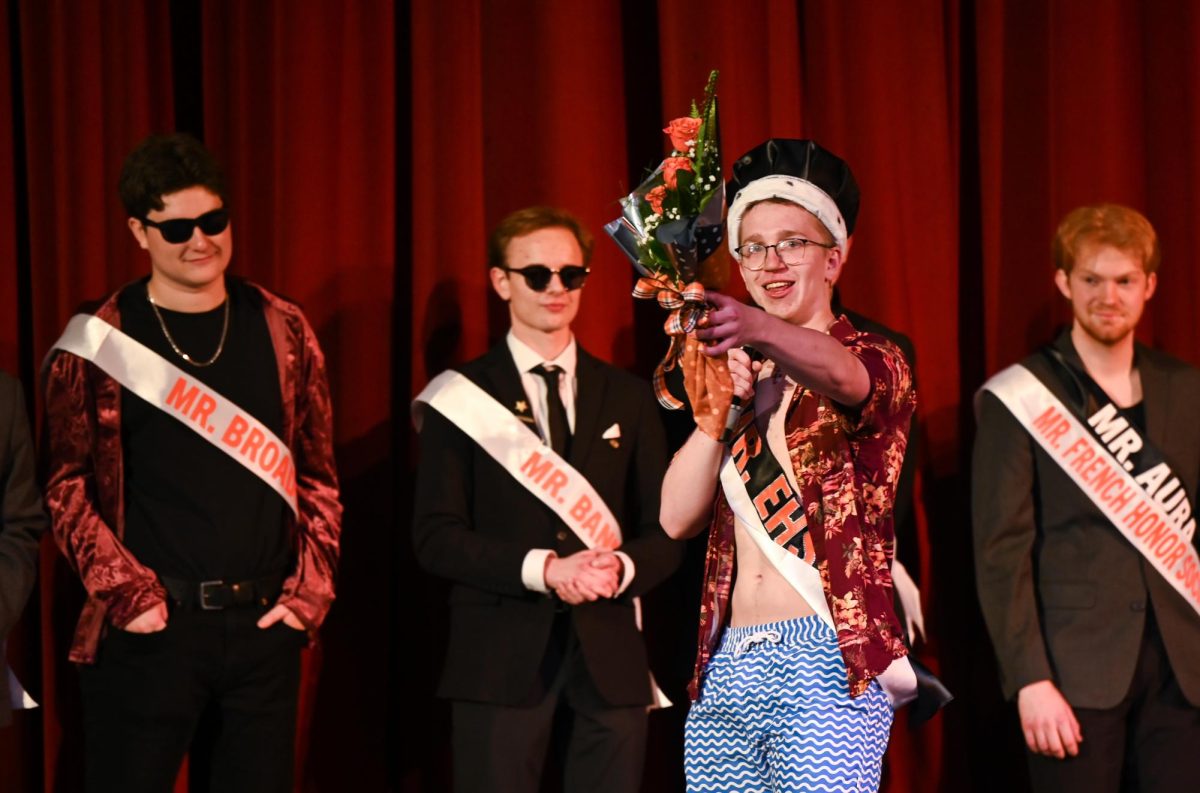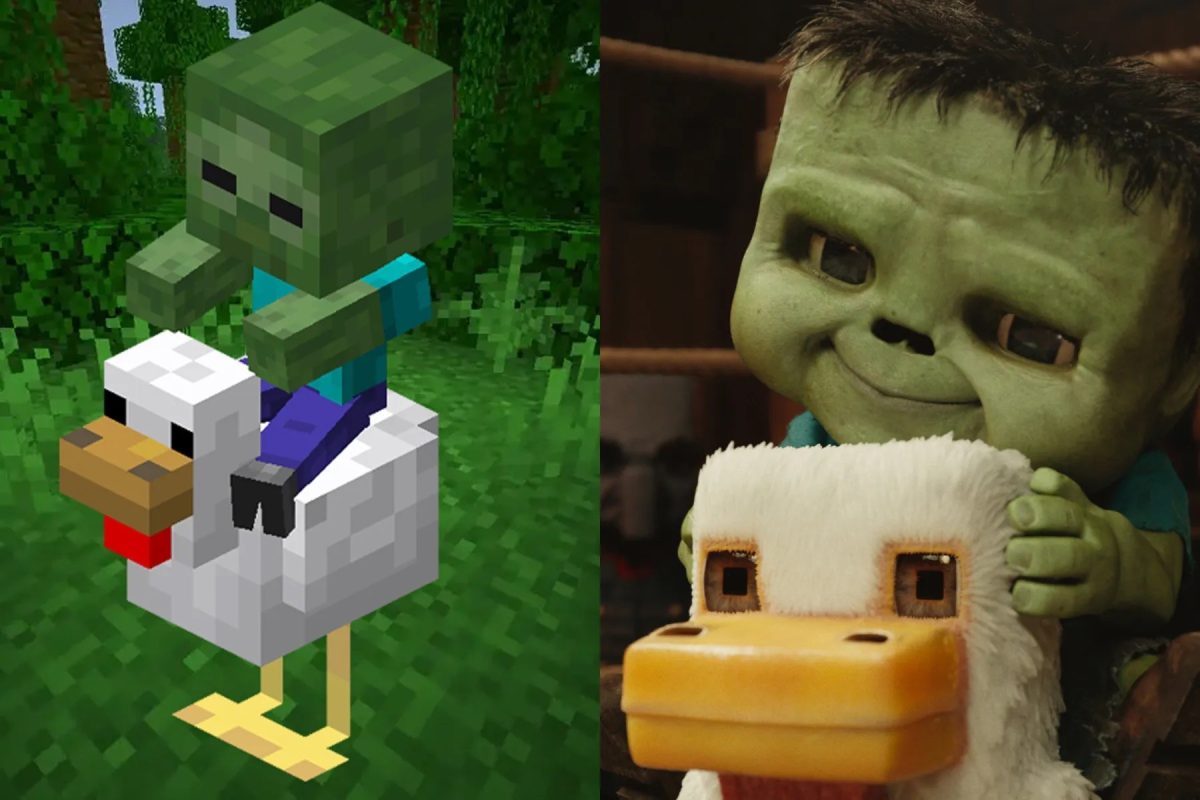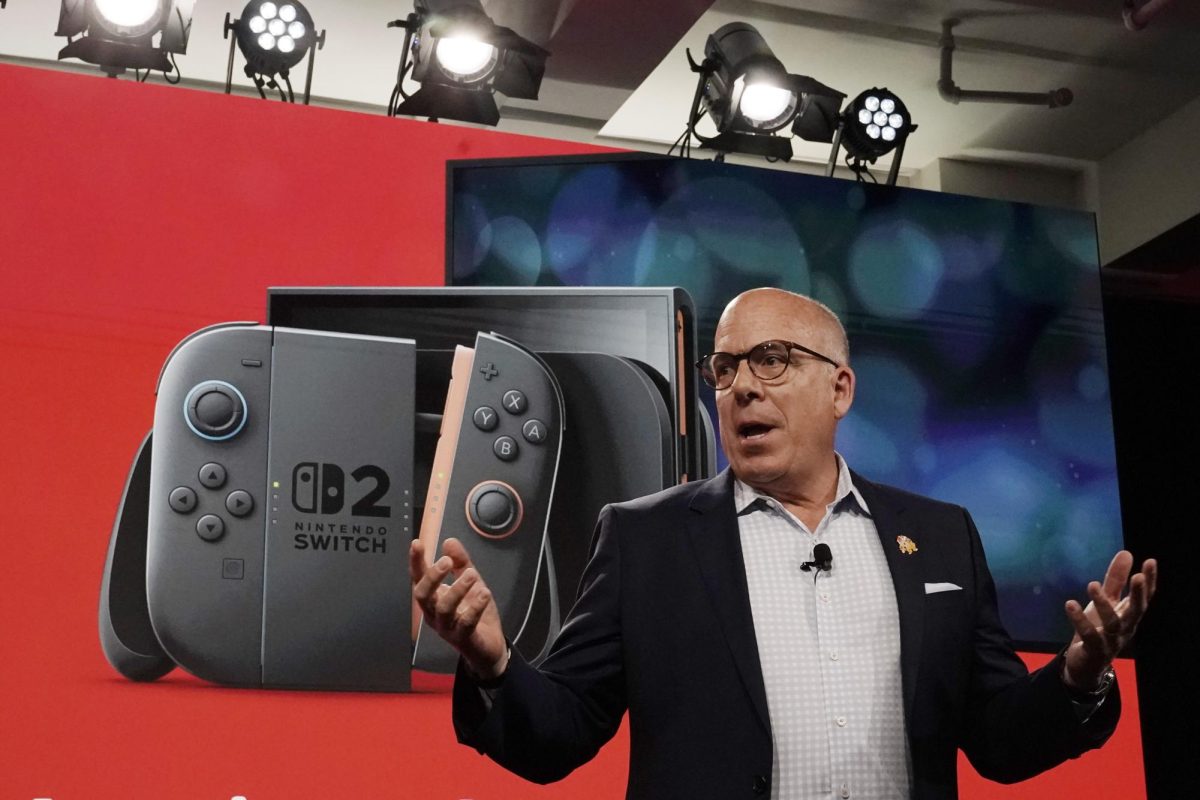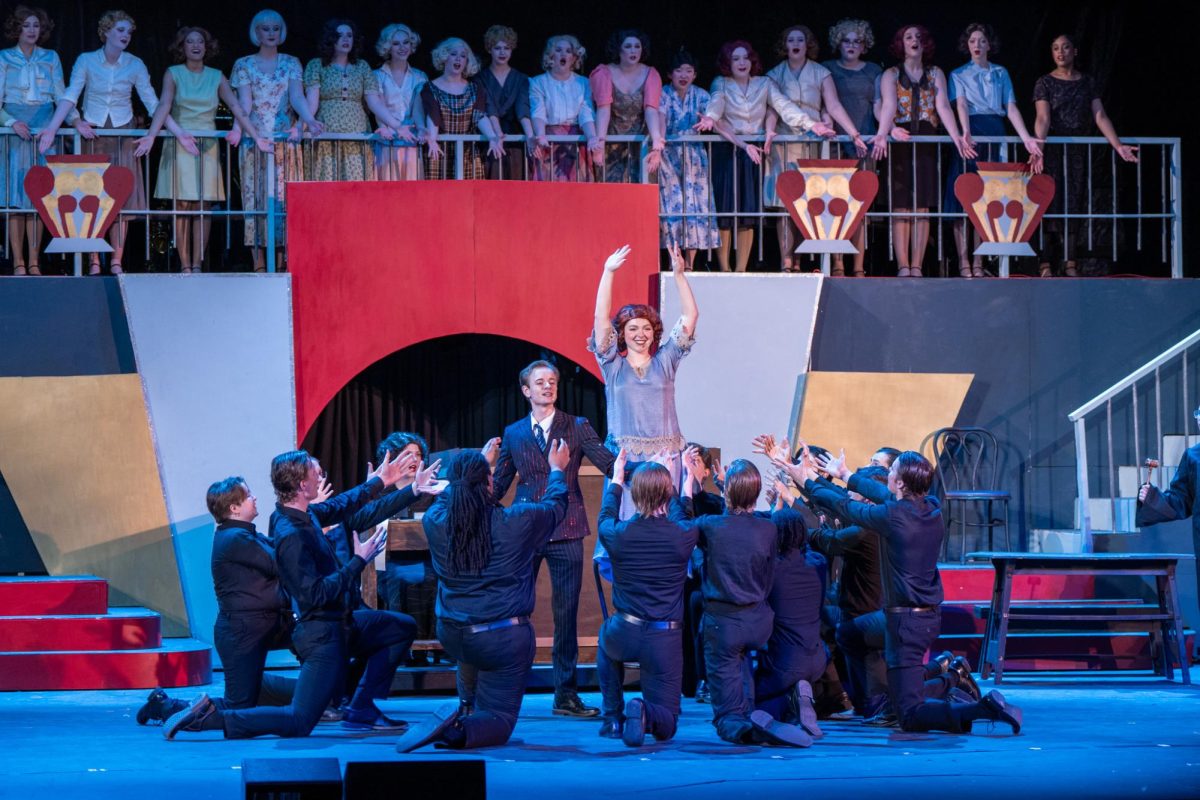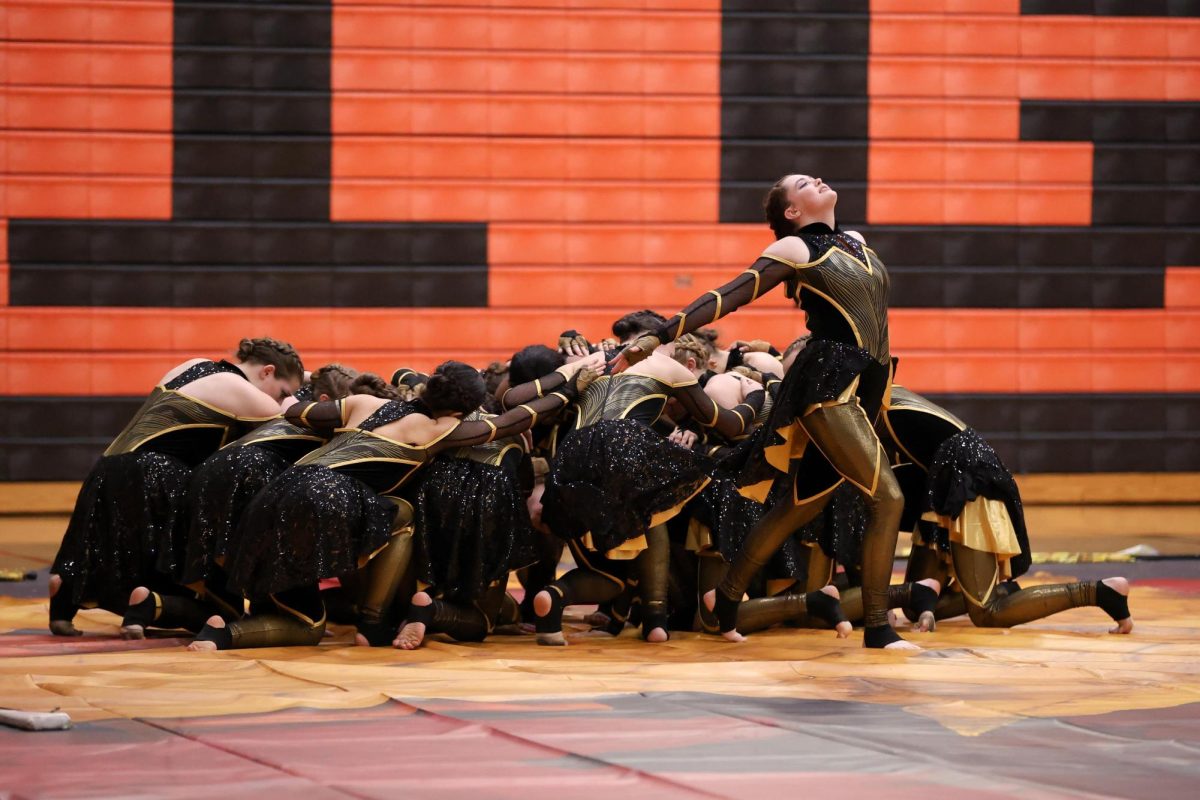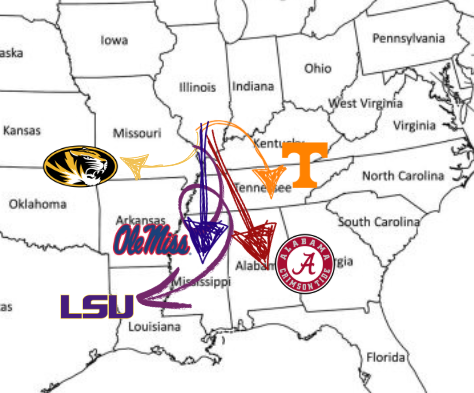Evangelion: a blast from the past with some help from the future
August 22, 2019
Imagine the distant future; the entire world has been shaken by what humans call “The First Impact”, an attack by a group of monsters called Angels. No one knows where they came from, but more of them are showing up. Would you trust a group of teenagers to defend the world?
In Hideaki Anno’s Neon Genesis Evangelion, that’s exactly the type of world that humanity lives in; a world that is constantly under threat of terrifying creatures. It is around when the second Angel appears when Nerv, a government run organization, puts their newest invention to the test: large mechanized robots piloted by humans.
These robots, known as Evangelions, are meant to model the angels exactly. The only catch is that the pilot has to be able to bond with the machine. This is where the main character of the series, Shinji, the son of the creator of the machines, comes in. however distant from his father, and reluctant to run into danger, he decides to pilot the Evangelion.
He is later joined by other characters such as a fiery German girl named Asuka, a mysterious Japanese girl named Rei, and a strong independent woman named Misato.
Evangelion, from synopsis alone, may seem like a typical action sci-fi sort of story, but it is anything but. The show expertly tackles things like how distant parenting can affect a child, and if humanity could be scarier than any monster we could dream up.
It also makes you grow attached to each and every character, even if you know that you would hate the person if you were to meet in real life. They make you care about them and the growth they go through.
Characters experience realistic reactions to traumatic events, and those events have impact on the way their character acts and reacts for the rest of the show. The events in Evangelion matter, and every choice made results in consequences, which is something that not all shows have nowadays.
Evangelion came out in 1995. Upon its release, it gained little attention; accept for those who were already heavily invested in the sort of niche genre of “Mecha Anime”. The show had an incredibly low budget, resulting in somewhat crude animation, and the last three episodes (yes I’m serious) being entirely drawn with colored pencils.
However, recently Netflix picked it up, although they did make some changes.
Netflix made the decision to completely re-dub the series, having the original sound re translated in its entirety. This allowed some wiggle room for the translators to reinterpret some of the lines, which not too many old fans (including myself) were happy about.
An example of this would be a scene where in the initial translation there were homosexual implications (which were a rather big deal in the 90s) but now all remnants of that are gone. Lines that previously said “I love you” now say “I respect you”. This was disappointing for both old fans and new fans that later learned what they missed out on.
However something good that Netflix did do is pick up a reanimation of the series. This makes the animation look cleaner and sharper, while still maintaining the original artstyle. The characters movements are clear, as well as the emotions they feel in the moment. It makes the overall experience much more enjoyable than the original animation.
Overall, Neon Genesis Evangelion is a masterfully written show that went too long before it gathered the attention it deserved. My only recommendation would be to watch both the old and the new translation to get a true feel for what you feel the writer intended. Other than that, I 100% recommend this show for anyone looking for something to make you think for a while.





